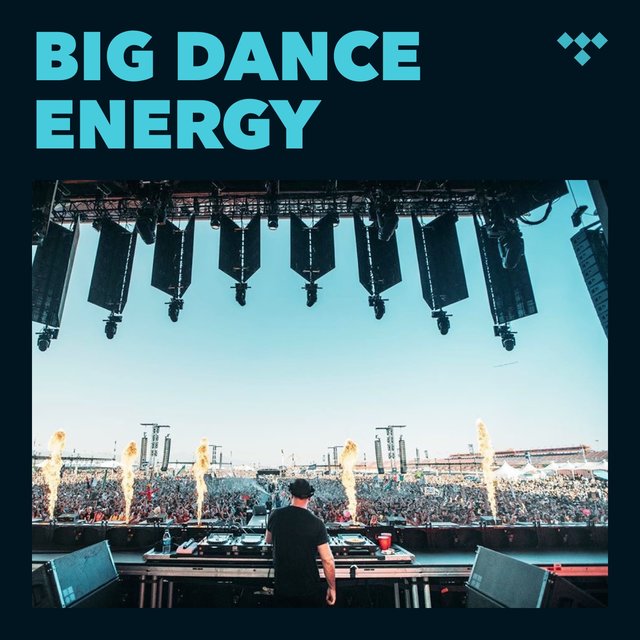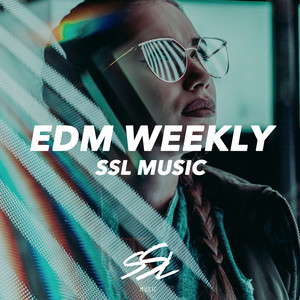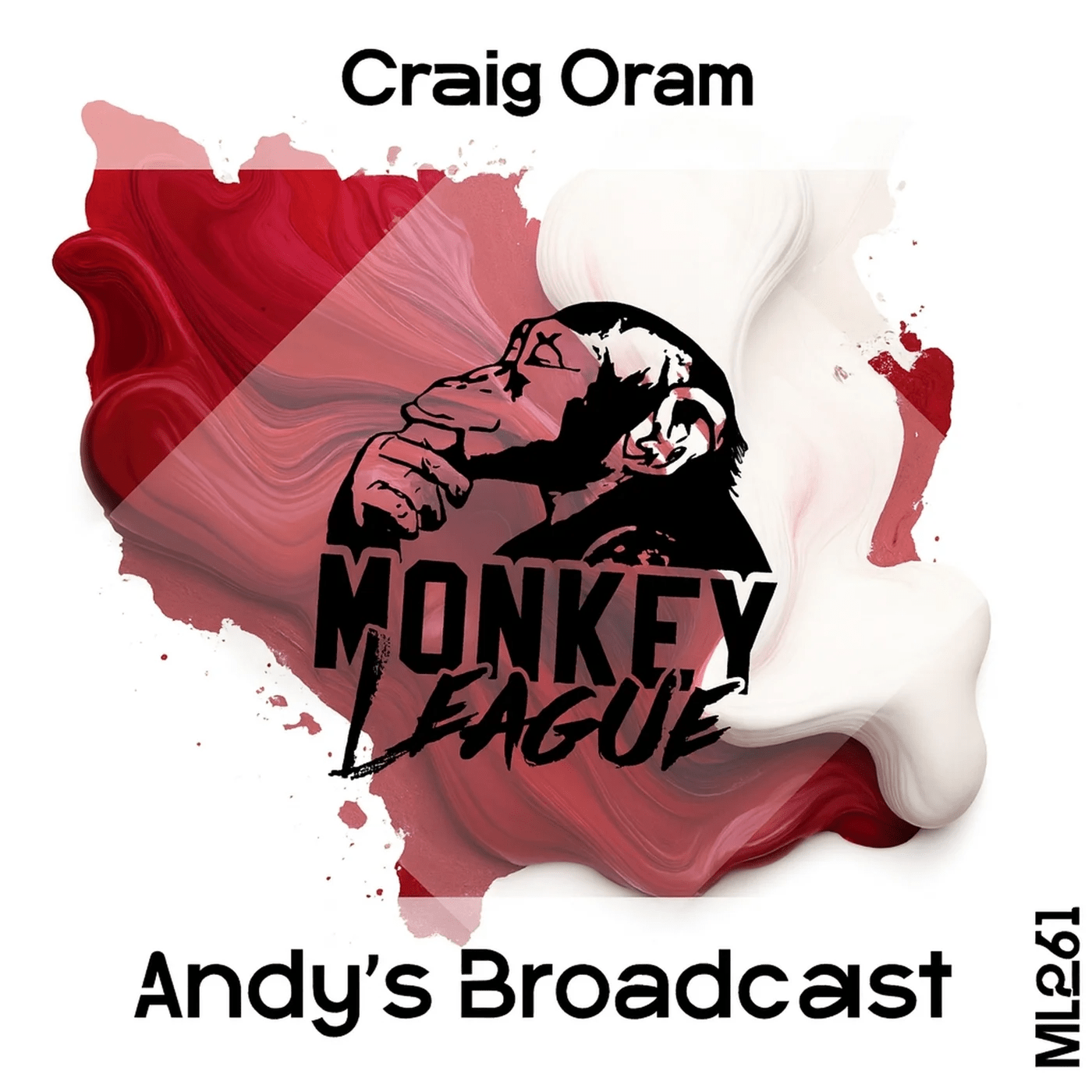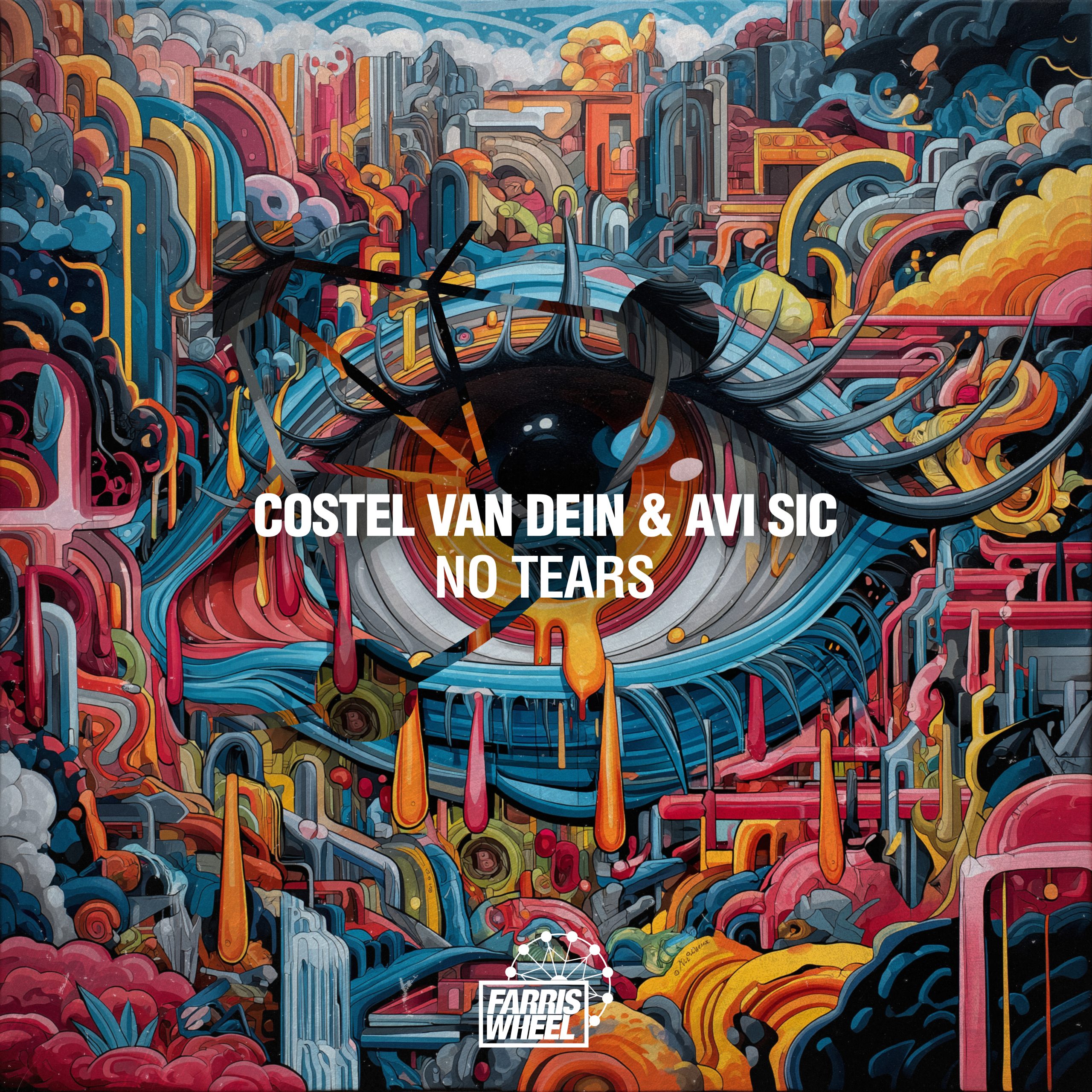by: Harry Levin Jul 20, 2020 The word renaissance typically denotes a sort of rebirth or revival. Fittingly so, Renaissance, the title of one half of AlunaGeorge, Aluna Francis’s debut solo album, not yet released, represents several revivals simultaneously unfolding in the artist’s life. And, the bedrock of these is decidedly sonic.
The eclectic music on the forthcoming LP represents a revival of the variety of sounds that Francis wants to hear on the dance floor at a club—the dance floor where the outcasts feel at home. The production also represents a revamping of her singular artistic vision. Francis had complete creative control over every aspect of the LP’s craftwork. The team at Mad Decent afforded her creative licensure to visualize and put forth the album as she wanted it to be. In contrast to some of the “You Know You Like It” artist’s past collaborative endeavors, the vision of Renaissance and its musical translation is purely her own, and the ability to independently guide the project has stimulated her artistic aims anew. Francis takes her vision a step further with this project, paying unique attention to a sense of time, place, and atmosphere like never before.
As Francis nutured Renaissance from start to finish, she found her career undergoing its own type of renaissance. In an interview with Dancing Astronaut, she said,
“I’ve been working on all of this stuff for two-years in the sense of creating my career into a space that was healthy for me, where members of my team are allies for me as a black women as well as an artist. Each member of my team has taken it on as their responsibility to stay aware of my goals. Working to end racism in the black community and the music industry, empowering women and things like that.”
Dancing Astronaut spoke with Francis about the intersection of these coinciding renaissances, how Renaissance unites each of them, and how she intends to maintain their momentum moving forward. Read the full interview, below.
Your new single, “Get Paid” refers to how black Women are undervalued both in the music industry and in society as whole. Yet there are superstars like Beyoncé and Rihanna who command significant influence. What does it take for a black woman to reach that level? Do these superstars still experience the same kind of systemic mistreatment despite their status?
Francis: …Often what happens is to get to the level you might call ‘high-level success,’ it feels like you can only do it for yourself. Because of the energy that it takes and the number of barriers that you have to overcome, it’s a lot to stop that momentum and try and bring other women up. So, what you find is that each one of those women isn’t followed by a whole army of the next generation in their wake.
For me, that’s missing out on a huge experience. I didn’t really feel excited, for example, about being the only black woman I know doing dance music in the way the genre is defined today. That’s why I wrote that open letter because I noticed there was something wrong with this picture. There’s not enough of what I want to see in this picture.
Aluna ·
Aluna, Princess Nokia, Jada Kingdom – Get Paid This culture grooms men to try more things because they don’t face systemic oppression like women…
Francis: There’s also the additional factor of not having women in positions of power or in the gatekeeper positions in the industry. So, without that kind of key to the door your ability to help others is limited. As artists, there aren’t many things we can give people other than our art. We can’t put you on the cover. We can’t make you a career. We can’t advertise you. We can say, ‘Hey I’m an artist and I love this person’s music.’ [But] that’s basically it.
“Get Paid” is the first single from your debut solo album, Renaissance, a title that draws clear parallels to your solo career and efforts for equality. What is your goal with Renaissance?
Francis: With this album, I’m really showing everyone my personal, singular viewpoint of what I want to happen on the dance floor. Oftentimes, I will find myself in environments where it’s a one dimensional dance floor. So, it might be minimal techno or it might be dancehall or might be house or something like that, but I personally would love to walk into an environment where I get all of that music and it’s the club. I’m not going to different types of concerts and clubs to find all this different stuff.
To me, it sounds really obvious, but when I look at the world that this record is going into, it’s quite a segregated world, and the album is an example of the harmony that I want to see in the world. And for the listener, it’s a reference point for them. It’s almost like an actual place, especially for people who are minorities or feel ostracized from the mainstream population or oppressed in any way. That’s the kind of space where they should feel so at home that they literally are the party.
We live in a time where listeners’ excitement about a track drives success more than musical quality does. If fans are going to start supporting music that defines dance music’s roots in black culture, they have to become excited about supporting the movement for equality in general. What can the industry do on all levels to make fans excited about that?
Francis: For me personally, I was really excited to find out the original history of dance music, [which] I didn’t know before. So, I would say for anyone who’s black and doesn’t know that history, it’s going to be an easy task [to learn it].
For the white community who already consume dance music, the exciting thing for them is opening the genre up to these forms of music that they have associated with black culture that may be subgenres until they hear someone like Ed Sheeran use those beats in a pop song.
Now, I think that afrobeat and dancehall and music like that is very commercial. It’s very popular and so it should be classified as such. That’s just going to reignite the entire dance genre. People aren’t going to know what hit them. To really hear the top dancehall songs in your main dance playlists, mixed in with different types of music that’s ready for the club is going to be exciting, rather than waiting for all those sounds to be slowly appropriated by white producers.
I’m not trying to vilify anyone for appropriation. I don’t agree with it and I think that it’s problematic, but I’m not trying to tell anyone what to do. I’m just saying that if you go to the stores, you’re going to find way more where that came from.
At the moment, the user experience, especially on [digital streaming platforms; DSPs], is not easy. You have to type in the right words and the right names ,and then that doesn’t necessarily get you all the fire music. I’m a DJ. I’m crate digging every single day. It still takes me forever to build my sets, and I think we should change the genre so that this amazing dance music is easily and readily available. The other thing about that is it will take care of the genre. It’s health. It’s future. It will also take care of the artists because they will be getting paid.
You mentioned appropriation. Do you think white artists who are appropriating this music have more of a responsibility to acknowledge that this music is historically black?
Francis: They have a responsibility to themselves. It’s very important when you’re an artist to acknowledge your sources, to be grateful. It’s a spiritual thing. Gratefulness is very energizing. It makes you feel like goodness is coming to you, and that you can appreciate it. So, learning the black history of a genre that you thrive in should feel amazing. It should feel amazing to honor those people, and to show your appreciation to your fans.
I think as a white producer that might seem hard, but I think you’d be pleasantly surprised with how it feels, and I can’t see how anything bad would come out of it to show appreciation for a source.
A central part of your open letter to the music industry concerned calling on DSPs to credit influential genres that stemmed from black culture as dance. What will these companies have to do internally to actually change the music industry?
Francis: I think just trying things. Taking action and trying things within your company. You’re not going to get it right. It’s trial and error. I think that mistakes have to be built into a long-term goal and that those long-term goals should be stated. Companies should have nice, big goals that they set themselves. Slowly work towards it. Hold themselves accountable by stating out loud what they’re going to do. Be very honest with your company and say this isn’t going to be an overnight thing but work with us on making these changes.
Now that the conversation about this inequality has reached more people, how do we keep the momentum going towards real, positive change?
Francis: This is an example of what people can do. The media, journalism, throughout history has changed the world and it’s interviews like this again and again that will pivot and keep this kind of conversation going. The problem with leaving it to the internet is that internet is not a space for conversation. It’s a space that amplifies and simplifies. So, it has to be upheld and held in as it were, contained by the journalism and conversation around it.
Beyond that, be curious. Racism is this huge bundle of tangled wires. Learning is loosening one wire at a time, and it does feel good. Every time I learn a new piece of information of history and then apply it to what I’m experiencing day to day, it makes a tiny bit more sense.
I think these times are incredibly confusing, and if you’re living in confusion, that’s really stressful. Learn more. If something is happening and you notice it, you can learn anything about the theories of how racism works and then you can pretty easily apply it to any situation you’re in, whether it’s a work situation or a personal situation.
If you’ve already gone out of your way to learn something, then you’re intelligent enough to apply it. It’s not rocket science, and that little bit of clarity is your own personal clarity and you can take ownership of that. Then, you’re no longer walking the Earth waiting for someone else to clarify everything for you.
It can be really upsetting each time you learn something, and I would for sure continue to take self-care at the same time. When I was learning about the British history regarding slavery, it was really emotionally hard-hitting, and I had to make sure that I took time out for myself in that moment. I think wherever you’re coming from, the facts will hit you hard as you absorb them. But when you understand what’s really going on, that elephant in the room stops trumpeting for just a second.























